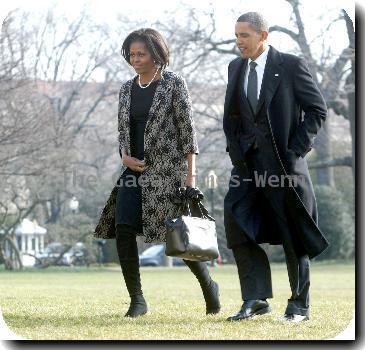US defense chief says without progress in war this year publics wont support it
By Anne Gearan, APWednesday, June 9, 2010
Gates: Progress in Afghan war must come this year
LONDON — Public support for the war in Afghanistan will evaporate unless the nations leading the fight against insurgents can show by the end of this year that the 8-year war is not locked in stalemate, U.S. Defense Secretary Robert Gates said Wednesday.
“All of us, for our publics, are going to have to show by the end of the year that our strategy is on the right track, making some headway,” Gates said ahead of meetings with NATO allies long weary of the war.
Gates and other U.S. leaders have set such unofficial deadlines before, and they have proved elastic. Several times last year Gates said the American public needed to see progress within a year or 18 months. In August 2009, he said progress had to be demonstrated “this year.”
Gates also said he expects to begin handing over responsibility for security in some areas of Afghanistan as soon as winter. That would be ahead of the deadline President Barack Obama set to begin to bring U.S. forces home in July 2011. There is no firm end date for how long U.S. forces will stay.
“In virtually all of the coalition countries, the publics are going to expect to see some progress this winter, some sign that we are moving in the right direction. I think the voters are sophisticated enough to know that we’re not going to be done,” Gates said.
“If we are making progress and its clear that we have the right strategy then I think the people will be patient,” Gates said.
“The one thing think none of the publics, … including the American public, will tolerate is the perception of stalemate in which we’re losing young men.”
Support for the Afghanistan war is dropping in the United States after a period of relatively strong approval for the war and the retooled strategy Obama announced last year. He followed the announcement with a surge of 30,000 U.S. forces intended to seize momentum from the revived Taliban insurgency.
The U.S. and its allies, fighting alongside Afghan soldiers, do have the upper hand in many parts of the country. But crucial areas remain under the Taliban thumb, with little sign the allies are making headway in persuading local people to throw off the insurgents and align with the central government in Kabul.
Support for the war is also falling in Britain, the most important U.S. partner in Afghanistan.
Gates said war commander Gen. Stanley McChrystal is “pretty confident” he can show progress in the next seven months. Gates will huddle with McChrystal later this week.
On Thursday, Gates will meet in Brussels with defense ministers of the 46 NATO nations and other allies participating in the 122,000-strong international force in Afghanistan.
The meeting is intended to take stock of the situation. Diplomats say they will emphasize the need to boost the training of Afghanistan’s army, which is due to grow to 134,000 troops by the end of 2010 and gradually assume greater responsibility for the country’s security.
Gates said NATO nations have failed to provide about 450 troops to serve as trainers for Afghan soldiers.
“My view is those allies and partners who are not prepared to commit combat forces or to increase the number of their combat forces should step up when it comes to trainers,” Gates said.
Ministers will also consider proposals to streamline NATO’s bureaucracy and its complex military command structure in order to achieve savings at a time when many European nations are planning deep cuts in defense spending.



